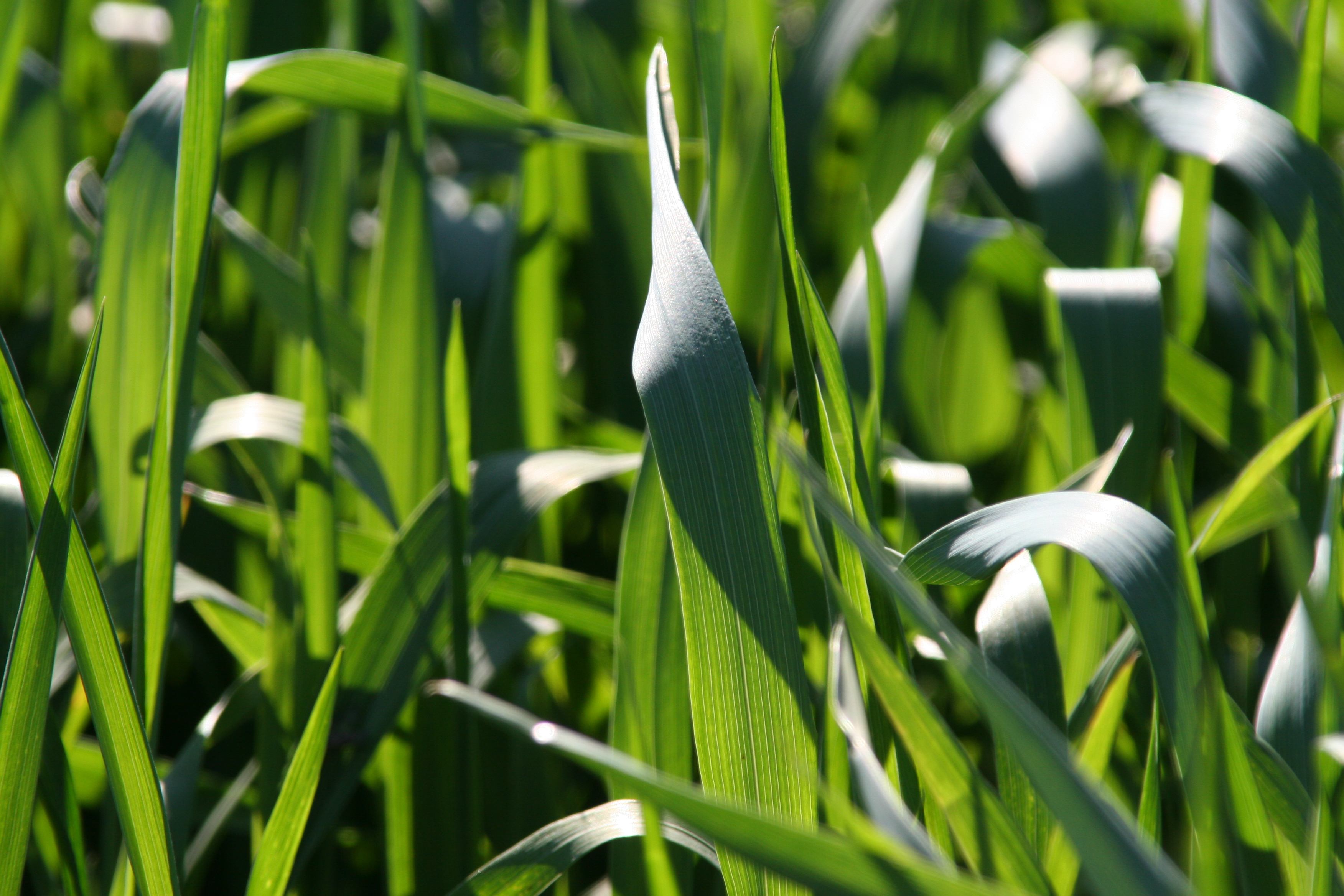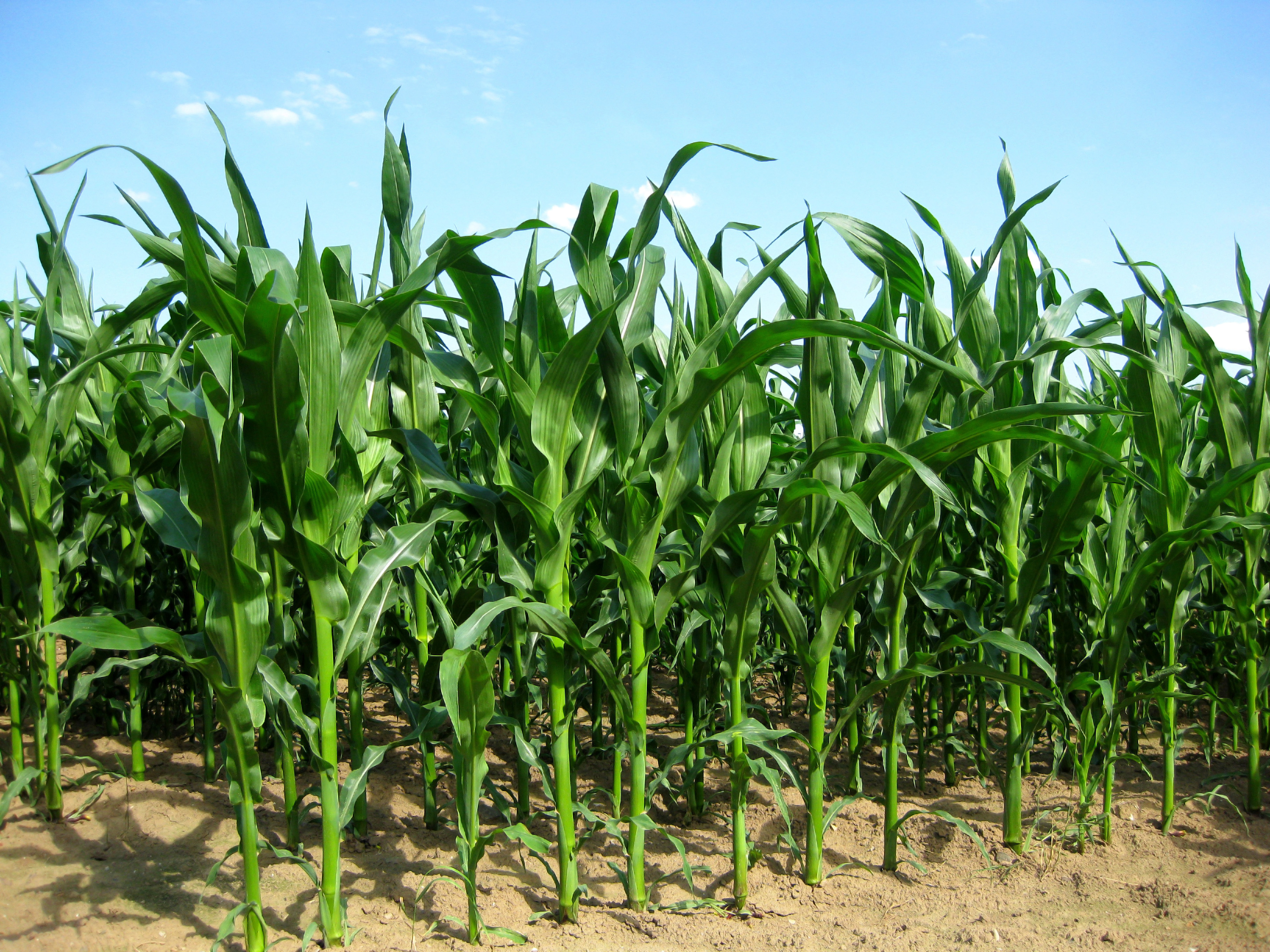Sistema TempoCampo: USP weather forecast tool for agricultural productivity
(by Filipe Albessu Narciso | reviewed by Kiara Neves and Leonardo Borba – June 13rd 2022)
Researchers at USP Piracicaba/Esalq Campus have developed a new system named Sistema TempoCampo, which uses a weather forecast database to inform and advise farmers on climate conditions for crops. The project aims to serve as a reliable source of uncomplicated meteorological knowledge in order to optimize efficiency in agricultural production. We spoke with professor Fábio Marin, president of the Brazilian Association of Agrometeorology and initiative coordinator of Sistema TempoCampo, about the relevance of this system for Brazilian agricultural economy, sustainability, and the hardships of science outreach. Learn more about TempoCampo here.

Source: FreeImages
Developed by scientists and researchers at USP’s Escola Superior de Agricultura Luiz de Queiroz (ESALQ), the Sistema TempoCampo, a juxtaposition of Portuguese words for time (tempo) and field/countryside (campo), is a system that translates weather forecast data into crop productivity projections. With an emphasis on corn, soy, and sugarcane harvest, the program can successfully help farmers make better decisions. These farmers are shown information on how to more efficiently spend their resources and handle their productions.
The unpredictability surrounding climate conditions has always been a major drawback for agricultural ventures. The technological and informational surge that came with the Green Revolution — a post-World War II philosophical and systemic movement — provided many transformations to the countryside. Scientists have heavily explored agriculture related topics such as fertilizers, soil science or botanic studies.
“The project [TempoCampo] started in August 2016 and aims to offer guidance to farmers, corporations, the government, and all parts of society that wish to comprehend how climate conditions influence crops”, explains Fábio Marin, president of the Brazilian Association of Agrometeorology and coordinator of Sistema TempoCampo. Professor at the Biosystems Engineering Department, Marin teaches and works with the topics of climatology and agricultural modeling. According to the professor, the TempoCampo project has grown considerably these past years. “In 2017, we went through a learning phase, the following year we perfected our program and, in 2019, we experienced an outburst in scientific production,” he points out.
A major component of the project’s success is an indicator named Climate Productivity Coefficient (CPC). “With CPC, we are able to simplify all the complexity of climate conditions in a single indicator […] It [CPC] tells us how much climate conditions are hurting or supporting crops in a simple and objective way,” declares Marin. The system is then able to simulate different scenarios before harvest season, an activity named harvest forecast, and consequently reduce the uncertainty related to agricultural productivity.

Source: FreeImages
To produce these models, computer programs that have the entire physiology of plants programmed in them are exposed to information on weather conditions and then define how much biomass the plant shall be able to produce in a certain period of time. Although climate phenomena are rather unpredictable by nature, Marin states that TempoCampo is made up of the best equipment and technology available and is constantly being upgraded according to scientific advances and academic publications.
The service offered by TempoCampo is capable of having a major economical impact in Brazilian society. According to a study conducted by the Center of Advanced Studies on Applied Economics, part of Esalq/USP, and the Brazilian Confederation of Agriculture and Livestock, agribusiness in Brazil makes up for approximately 27% of the country’s Gross Domestic Product (GDP). Recently, TempoCampo starred in an article by Valor Econômico, a renowned Brazilian news outlet, in which the system projected an increase of 10% for the sugarcane harvest in 2022/2023. An information that, explicits Marin, is incredibly relevant both socially and economically.
Beyond that, the system is not only able to have a positive impact on the economy, but also to the environment. Marin declares that “every well kept crop helps in environmental preservation”, as it is able to satisfy the demands of the food chain as efficiently as possible, avoiding unnecessary waste of resources and deforestation for agricultural purposes.
The professor also points out the challenges of science outreach, specifically when it comes to instructing on climate studies. As a consequence of the complexity of data related to the climate, TempoCampo offers training to farmers on topics such as how the climate operates and how plants react to climate variations in order to improve the comprehension of TempoCampo’s data.
As a member of the USP Community, Marin takes pride in the results obtained by the project, affirming that the interaction between the system and the people benefited from its functions is able to intermediate researchers and enriching perspectives as well as demonstrate their societal impact. “Scientific information supports better decision making and, when a farmer, the government, or a corporation makes the best decision, society wins as a whole, because we use supplies more rationally, without waste, without environmental aggression, and generating income to agriculturists,” explains.
Today, TempoCampo’s data is broadcasted every month in an agribusiness program at a national television channel. More information is available at the system’s official website, Instagram account and YouTube account. The project is also available as an app for Android.
